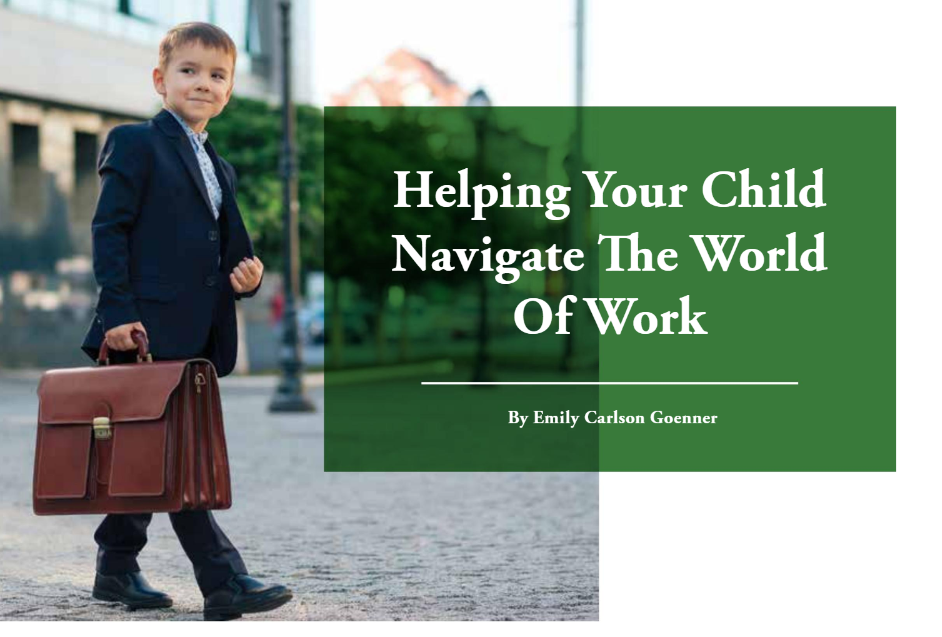As your children get older, they are likely to find part-time or summer employment to help pay for their needs and wants and, maybe, save for the future. Saving for a first car or college books is important for children to learn when they still have the safety of mom and dad to fall back on if life goes sideways.
When your child gets into the work world, though, a new set of problems might arise. For the first time, your child is with an entirely different group of people. A new manager or two, new employees, and people from diverse backgrounds your child may not have encountered yet. These new relationships may cause your child some distress as they face common workplace situations like changing schedules, differing views, and differing communication types.
When your child mentions a problem at work, or you sense that a situation is less than ideal and want to address it with your child, how you navigate the problem is important.
It’s always best to begin by listening to your child without judgment. Often, people—not just kids and teens—need to be heard. Especially in a new environment, your child may not have the opportunity or bravery to speak their mind. They may need a safe place in which to express and/or work out their feelings and reactions. Provide that safe space. Listen. Ask follow-up questions like, “Tell me more,” or supportive questions like, “That sounds really hard.”
Because a first job is a new experience in a new environment, you may need to help your child frame and process their experience. Try to guide your child’s thinking. Help your child consider other people’s points of view. You may ask questions like, ‘Why do you think they did that?’ or ‘How do you think that makes them feel?’ Such questions will help your child build empathy and emotional intelligence as they explore the reasons other people act the way they do.
In addition to processing their own experience, your child may need help managing the situation at work. If it’s a co-worker who doesn’t show up to work, or a manager who treats employees unfairly, the situations a child may face at work may be frustrating and difficult. Often a child needs guidance to deal with these situations. You may offer some suggestions or ideas to help your child.
Ask your child about their thoughts for action. The child might have ideas already and be willing to share them with you. If the best way to deal with an unfair manager is to quit, you may gently guide your child to a different solution. Maybe setting up a meeting to talk with the manager would be helpful, or offering to take extra shifts would help. Your child needs to take a firm stand on an issue or your child needs to ignore the situation. Learning when and how to address problems and when to adapt to situations is a skill that will help your child for life. Your child might have no idea how to deal with a rude co-worker, so you might offer a story or solution from your own life that will help guide them. Remember to be helpful and encouraging rather than negative and discouraging.
Part of our role as parents is to build resilience. Our children will always face difficulties; to train them for ideal lives is not practical or realistic. But, if we help guide them toward empathy and emotional awareness, we help them for life. If we help them manage negative emotions and situations, we help them build the ability to overcome difficulty situations. These are the real gifts we can give our children.

